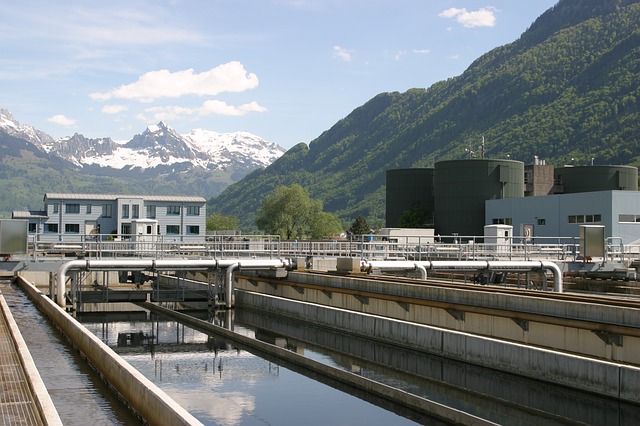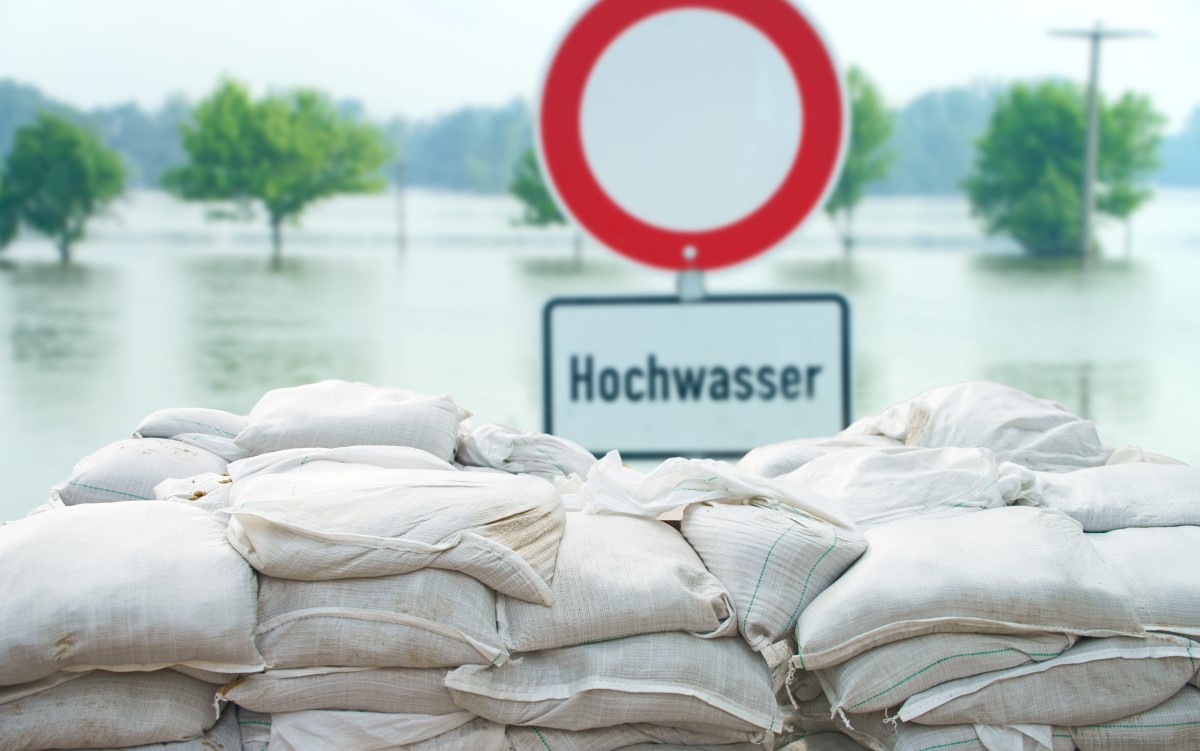The four categories below list these prominent pressures:
Limited Workforce
After administering a survey to 534 water utilities, American Water Works Association (AWWA) had found that over half of the respondents were anticipating increased personnel absence in the coming months.
Cashflow Hardships
The same survey by AWWA has found that 64% of utilities expect cashflow hardships in the next two months.
Increased Blockages
The notorious toilet paper shortage has led to many people flushing objects such as wet wipes and paper towels. All of which are not suited for our collection systems as it induces blockages and overflow and require more money and more labor to unclog.
Government Leniency
In response to these trying times, the U.S. Environmental Protection Agency (EPA) has allowed industries to forego sampling and submitting regulatory reports. As such, certain industries are using the government’s new leniency as a call to pollute freely which may even increase pollution events in the network.
Public health matter
The obvious fact is that wastewater utilities ensure public health by treating toxic waste and protecting the public from waterborne illnesses. When their operation is being threatened, so is the health of the public. It is time to allocate more focus and resources to wastewater utilities, and in doing so, ensure that the public’s health does not grow worse than it already has been.
The advantages of digitizing wastewater networks can be especially appreciated under these circumstances as they provide two pertinent advantages: 1) Remote management: so, while some operators may no longer be able to work on site, they can still manage their utility from home; 2) Efficient data acquisition: allowing operators to continuously gain data that can help manage their assets, identify pollutions or blockage events, and consequently, save money. Once wastewater utilities deploy greater digitization projects into their service, these utilities will be equipped to handle the challenges we see now and the challenges that will indubitably emerge in the future. Thus, utilities will maintain the operational continuity that facilitates public health.
Author: Itai Boneh, Product Research Lead, Kando
References are available here.







